South African investment in Nigeria has dropped by 81% over the last four years, marking a shift in the dynamics of Africa’s economic powerhouse. Directly addressing the issue, financial experts and business leaders have voiced their concerns.
CEO of South African conglomerate, Global Ventures Ltd, Ms. Jane Smith, commented, “We’ve seen regulatory challenges in Nigeria escalate over the years, making it increasingly difficult to conduct business. Uncertainty and disputes with local authorities have made our operations less tenable.”
Join our WhatsApp ChannelThe situation is mirrored by other South African companies such as MTN and Sun International, who have had their share of regulatory battles. MTN’s $1.7 billion penalty for unregistered SIM cards and Sun International’s legal disputes led to their exit from the Nigerian market.
READ ALSO: Lagos Corners 69% Of Capital Inflows To Nigeria As Foreign Investors Shun 28 States
Additionally, economic factors are playing a role in this exodus. The fluctuation of the Nigerian Naira, compounded by economic downturns and the COVID-19 pandemic, has created a challenging business environment. Mr. David Johnson, CFO of Clover Industries, stated, “Currency fluctuations and inflation have eaten into our profit margins, making it unsustainable to continue our investments.”
Competition is another key factor, especially in Nigeria’s vibrant retail sector. Large South African retailers like Shoprite have struggled to compete with local businesses offering lower prices and greater convenience. Ms. Maria Rodriguez, a retail analyst, emphasized, “Understanding the local market and consumer preferences is crucial, and some South African businesses have faltered in this aspect.”
Despite these challenges, South African businesses that have successfully navigated these hurdles, such as Standard Bank, DStv, Protea Hotels, and Sasol, remain optimistic about Nigeria’s potential. President Bola Tinubu’s recent talks with South African President Cyril Ramaphosa indicate a commitment to strengthening economic ties, offering a glimmer of hope for future investments.
Emmanuel Ochayi is a journalist. He is a graduate of the University of Lagos, School of first choice and the nations pride. Emmanuel is keen on exploring writing angles in different areas, including Business, climate change, politics, Education, and others.

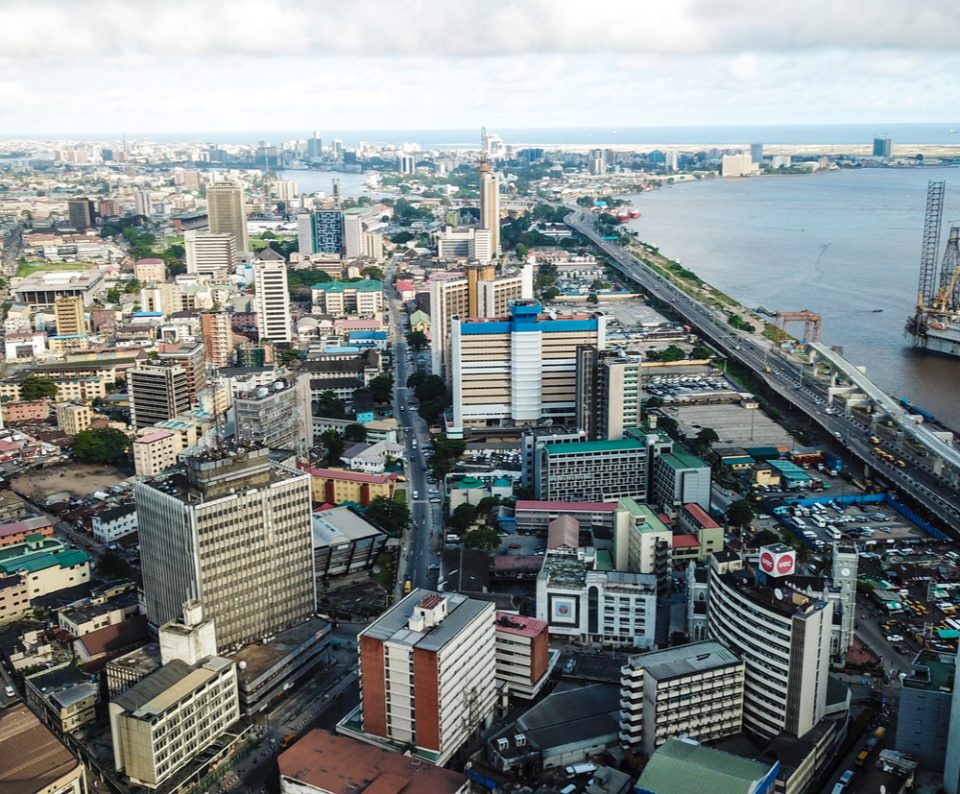




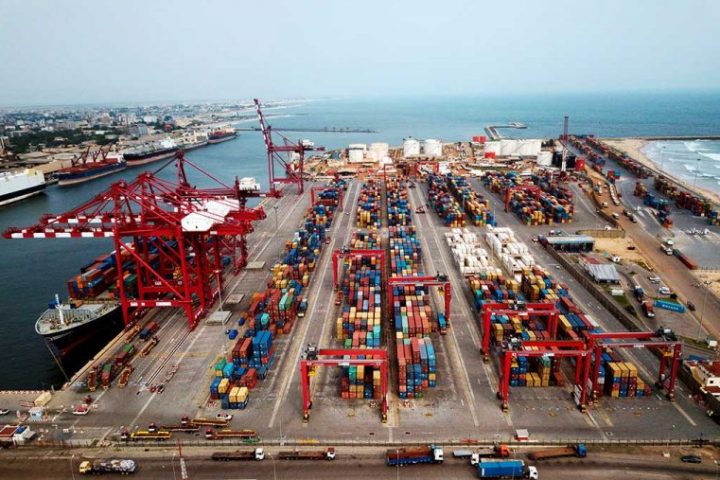








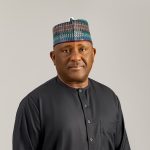
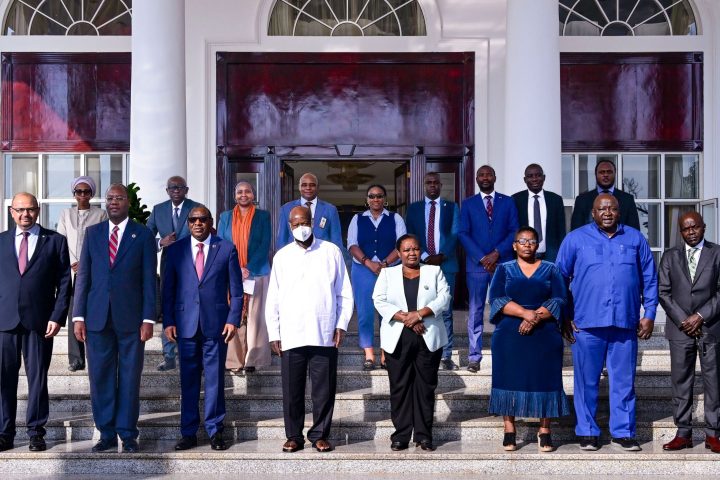

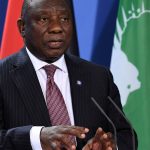
Follow Us